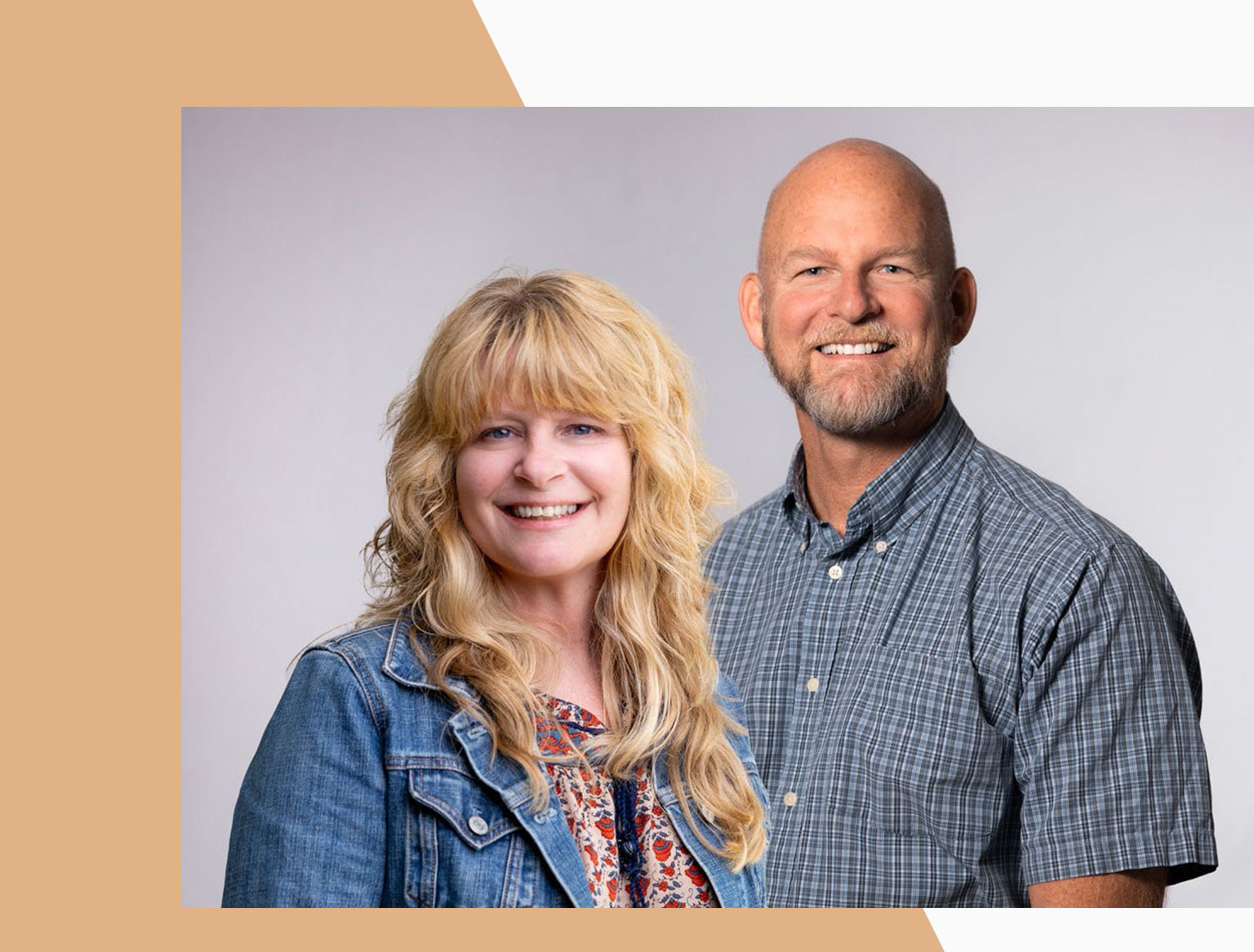Understanding Real Compassion: How James Whitford Is Changing Charity in America
One evening on the streets of Joplin, Missouri, Ralph—a chronically homeless man—offered James Whitford half of his sandwich. At that moment, both men were living on the streets, though Whitford’s situation was temporary—a voluntary experience to better understand the people his ministry served. The simple act of sharing would later reinforce a profound shift in Whitford’s understanding of charitable work.

This shift began when Whitford and his wife Marsha, who founded the ministry with him, attended an Acton Institute Free and Virtuous Society (CityFAVS) conference in 2009 for leaders in the poverty-alleviation space. CityFAVS conferences offer an introduction to the moral foundations of personal and economic liberty by combining an in-depth treatment of sound economic principles with those of social justice and anthropology.
There, Father Robert Sirico’s teaching on subsidiarity—the Catholic social principle emphasizing handling matters at the most local level possible—transformed Whitford’s approach to helping others. The sandwich moment with Ralph crystallized this new understanding: he had been viewing people as objects of benevolence rather than individuals with their own agency and capacity to contribute.

“I realized I had been viewing people as objects of my benevolence, intended to be on the receiving end of my charity,” Whitford reflects. “I wasn’t viewing people as subjects who have autonomy and capacity to contribute.”
The combination of personal experience and philosophical framework led to a complete transformation of Watered Gardens’ approach. Today, the ministry operates four campuses with six active ministries in Joplin, including shelters for homeless mothers with children, adult men and women, a medical respite unit, and a long-term residential recovery program.
At the heart of their transformed model is the Worth Shop, where participants can earn vouchers for meals, clothing, or shelter through work and engagement. “If a person has the ability to earn even the very basics like food, shelter, and clothing, it’s a much more dignified approach to helping people,” Whitford explains.
“I realized I had been viewing people as objects of my benevolence, intended to be on the receiving end of my charity,”
The shift from handouts to earned assistance wasn’t without challenges. When Watered Gardens implemented these changes, their annual visitor count dropped from 4,000 to 1,200.
Rather than viewing this as a failure, Whitford saw it as confirmation that traditional charity models often enable dependency rather than foster independence.
This realization sparked another initiative: True Charity, an educational organization launched in 2012. What began as local lunch-and-learn sessions has grown into a network of 220 churches and nonprofits across 32 states, all committed to privately funded, outcome-driven, work-oriented approaches to poverty alleviation.
“Our vision for True Charity is subsidiarity as the norm nationwide,” Whitford says, directly referencing the principle he first encountered at Acton. “Bad charity crowds out good charity—primarily from the government, but it can also be big, bad private charity that is handout-oriented and traps people in dependency.”
The impact of this transformation extends far beyond Joplin. Today, 62 percent of True Charity Network organizations have made significant changes to their charitable practices, affecting more than 200,000 lives annually. “That’s something you can trace back to Acton,” Whitford notes. “You’ve made an impact in hundreds of thousands of lives through one little organization alone.”
For Whitford, this ripple effect embodies the meaning of legacy. “It’s making some sort of impact that has a ripple effect that is not necessarily ever traced back to its origin, but that heaven knows well about it,” he reflects. His recent book, The Crisis of Dependency, further extends this legacy by sharing the principles and practices that have proven so transformative.
This focus on fundamental principles reflects what Whitford values most about Acton Institute’s role in his journey. “Acton is the best at teaching first principles and understanding who the human person is,” he explains. “The nation drifts, ministries drift, culture drifts. But when you’re concrete in first principles, you can create lasting change.”
From a shared sandwich to a nationwide movement, James Whitford’s story demonstrates how transformative ideas, properly applied, can create generational impact. It’s a legacy that continues to grow, one transformed life—and organization—at a time.

